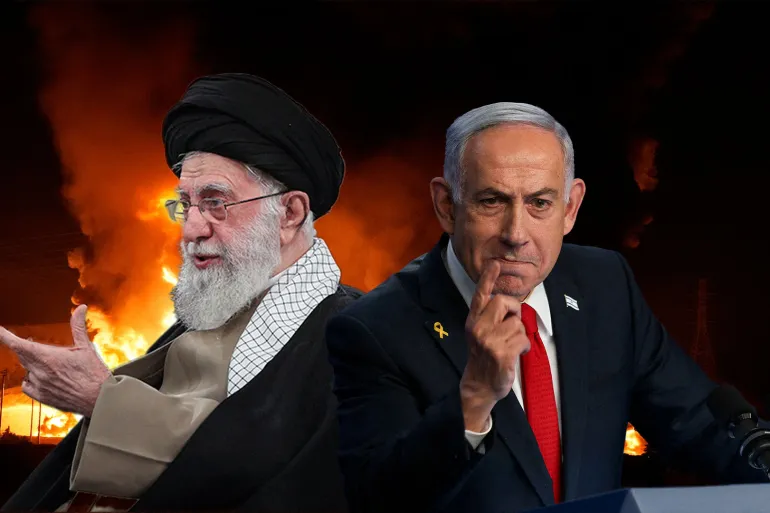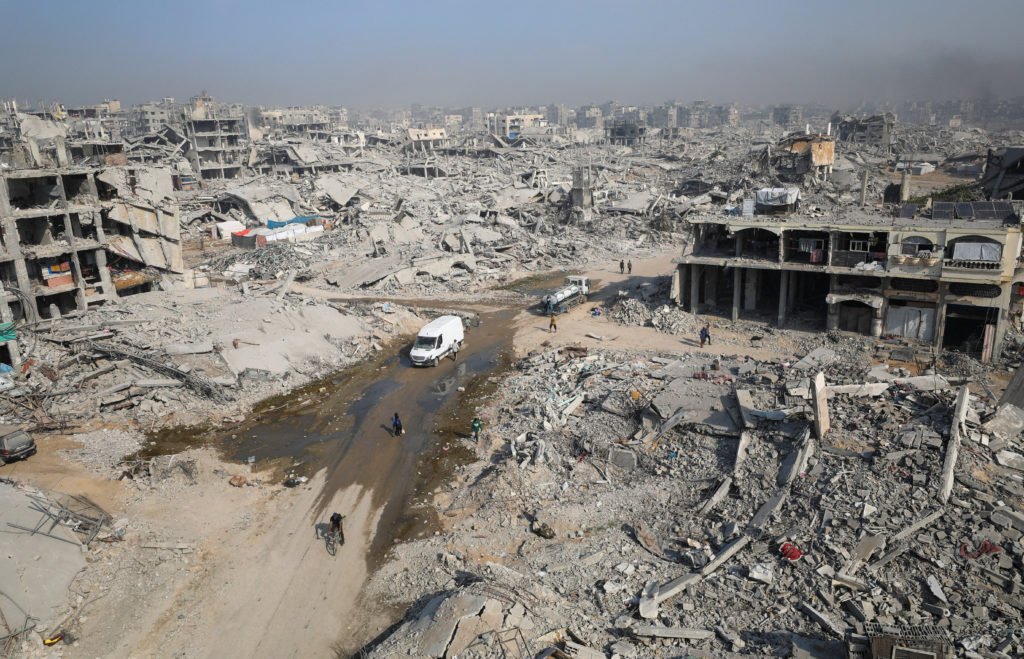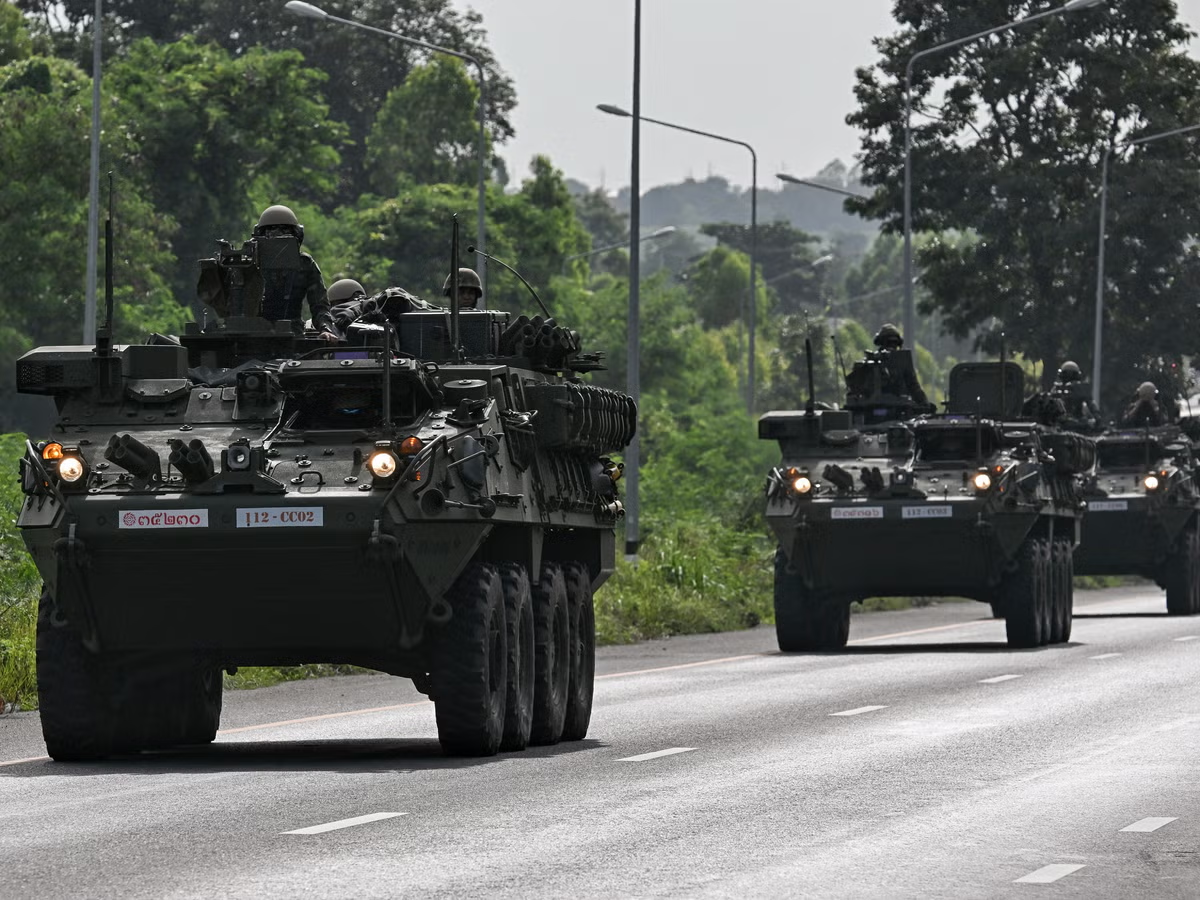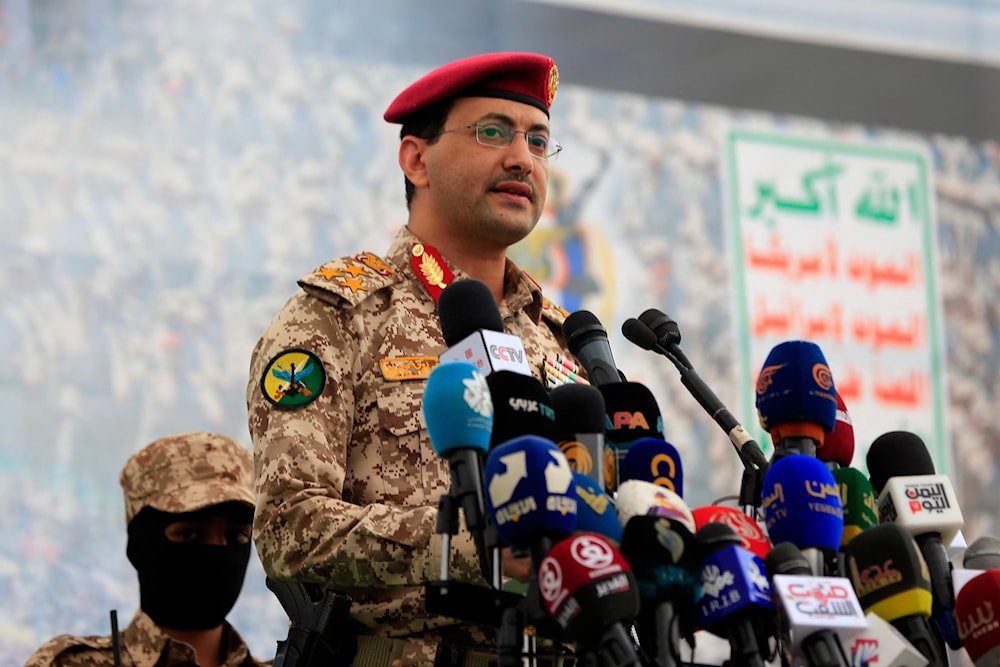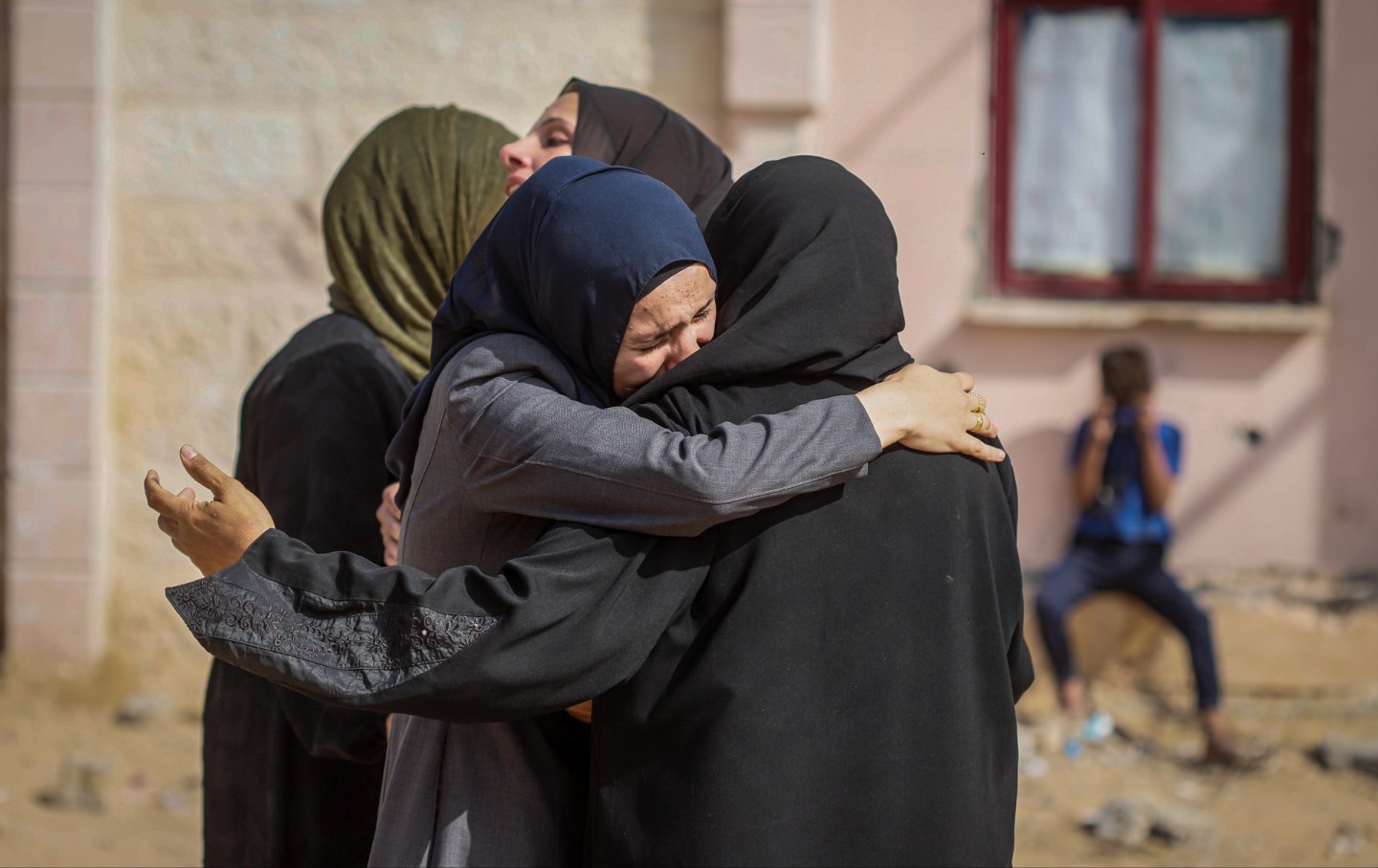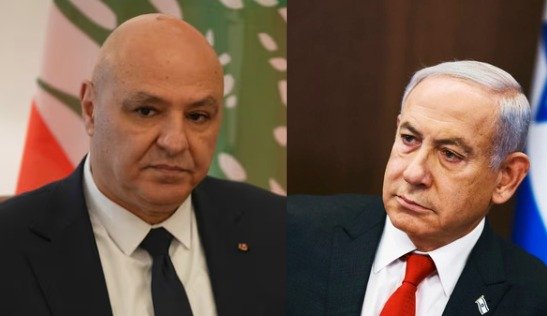On the 7th Day of the Ongoing Nuclear Conflict in the Middle East, Over 657 Killed in Iran and 24 in Israel – Health Rights Activists
The ongoing conflict between Iran and Israel has entered its seventh day, with casualties continuing to rise at an alarming rate. According to the Washington-based organization Health Rights Activists,
On the 7th Day of the Ongoing Nuclear Conflict in the Middle East, Over 657 Killed in Iran and 24 in Israel – Health Rights Activists
On the 7th Day of the Ongoing Nuclear Conflict in the Middle East, Over 657 Killed in Iran and 24 in Israel – Health Rights Activists
Washington, June 21, 2025
The ongoing conflict between Iran and Israel has entered its seventh day, with casualties continuing to rise at an alarming rate. According to the Washington-based organization Health Rights Activists, at least 657 people have been killed in Iran, including 263 civilians. Meanwhile, Israeli authorities report that 24 people have died in Israel.
On Friday, a missile launched from Iran struck northern Israel, injuring 23 people, according to Israel’s emergency service Magen David Adom (MDA). Among the injured, three are in critical condition, including a 16-year-old boy hit by shrapnel in the upper body, and two men aged 40 and 54 who suffered leg injuries. A woman also died of cardiac arrest while sheltering in a bunker.
Israeli military sources said Iran launched approximately 20 missiles, some of which hit the southern city of Be'er Sheva. In retaliation, 60 Israeli warplanes carried out airstrikes targeting 25 Iranian military and nuclear sites.
Amid the ongoing hostilities, diplomatic efforts are underway in Geneva with European Union mediation. Iran’s Foreign Minister Abbas Araghchi is engaging in talks with European foreign ministers to find a resolution. Ahead of the meeting, Araghchi stated:
“If Israel does not stop its attacks on Iran, there will be no room for negotiations with the United States.”
However, he expressed openness to dialogue with European countries. During the meeting, UK Foreign Secretary David Lammy said:
“European nations are united in their stance that Iran must not, under any circumstances, obtain nuclear weapons. However, we are committed to continuing diplomatic engagement.”
In response, Araghchi added:
“We are ready to return to the path of diplomacy. But I stress—Iran’s defensive capabilities are non-negotiable.”
Meanwhile, the situation in Gaza has also deteriorated. Israeli airstrikes over the past 24 hours have killed at least 42 people, according to Gaza's Health Ministry. Among the dead, 23 were reportedly seeking humanitarian aid.
The United Nations has warned that Gaza’s population is facing extreme food shortages, yet no humanitarian aid has been able to enter the territory in the past 48 hours.
Overall, the Iran-Israel conflict is not just a regional crisis—it is quickly becoming a global security emergency, raising serious concerns about nuclear weapons proliferation and the failure of diplomacy.


